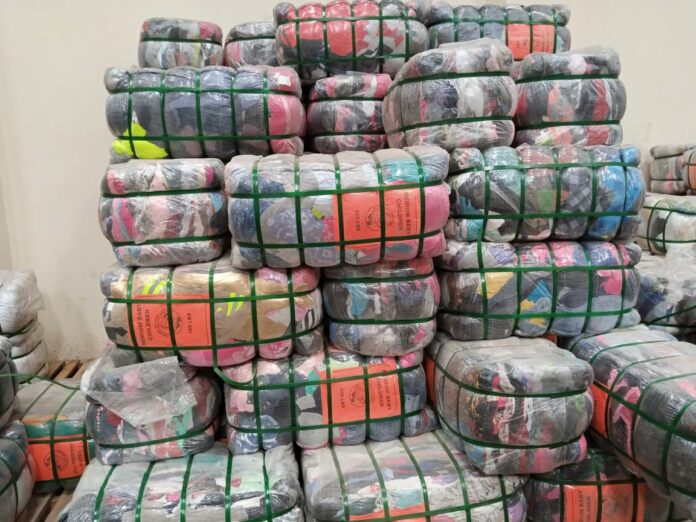Seven years ago, Magdalene Wahome was a cyber café attendant at Clicks Cyber Café along Mburu Gichua Road in downtown Nakuru. With a salary of Sh. 10,000 at the end of every month, her daily work routine was pretty simple. “I cleaned the cyber café, assisted customers log online, and printed documents,” she says. Despite having what looked like an easy job to many, Maggy, as she is fondly known to her friends, felt stuck. “I felt bored and stuck. I wanted to be an employer too; to run my own business and be in control of the money I made,” says Maggy who is a 36-year-old mother of two girls. But whichever way Maggy looked at it, her dream was far-fetched. Her salary was too small to acquire all the equipment and furniture needed to operate a fully-fledged cyber café business.
“Setting up a cyber café business became realistically unachievable,” she says. “But I couldn’t allow my dream to own a business waste away. I came up with a plan. I would save Sh. 8,335 every month for a whole year to stock up a capital of Sh. 100,000,” she says. To ensure that she saved diligently, Maggy opened a fixed account and placed a standing order for the savings to be automatically deducted immediately her salary was deposited into her account. And throughout the year 2013, Maggy survived on a salary of Sh. 1,665 per month. After saving Sh. 100,000 in twelve months, Maggy opened a stall in Nakuru’s Gikomba Market near the bus station and began to sell kids’ mitumba (second-hand) clothes. She would buy bales of mitumba clothes from bulk importers at Nairobi’s Gikomba market. “I bought several bales of second-hand clothes which I would sell on wholesale to other retailers from North Rift, South Rift, Nyandarua and Laikipia regions.”
TerryAnne Chebet: Top 10 affordable and profitable side hustles to start
By the end of 2015, her second hand clothes business had picked up so well that she’d make a gross of between Sh. 200,000 to Sh. 300,000 on a good month. “On a bad month, though, I’d make Sh. 50,000!” she says. Much of her income went back into the business. “Before the coronavirus pandemic struck, I could transact combined sales worth more than Sh. 1 million within a very short time. Business however slowed down as the pandemic wreaked havoc across the country and the world,” she says, adding that now she has the capacity to buy her stock overseas and import at a much cheaper cost. Her second hand clothes business has also expanded, and today, she sells various types of clothing bales.
As the sting of Covid-19 eases, Maggy is hopeful that the slow business that dominated much of year 2020 will be a thing of the past. Looking back at her journey, Maggy says that she would not be a millionaire today had she not put her mind to it. “Hard work and a back-breaking determination have been my secret. I’ve found that there is nothing people working in the mitumba sector cannot achieve if they put their mind fully into their work!”
She adds that perhaps she would not be where she is today if she had fallen for disinformation and theories that surround the mitumba business. “There is so much misinformation, disinformation and theories regarding second hand clothes. Buyers and sellers are disdained in some quarters. Yet this has been the source of my livelihood for the past seven years,” she says. “This is a noble job that has truly transformed my life, and the lives of many other traders.” Maggy reveals that through her business, she has managed to buy a plot of land and develop a four bedroom mainsonette at Lanet, Nakuru. She also has an Isuzu truck which she uses to transport bales to customers.
Maggy’s success in the second hand clothes business may not have come out of the blue. According to the latest data on the state of second hand clothes by the Institute of Economic Affairs, this industry has one of the biggest potential for growth in the Kenyan economy. “The sector currently contributes up to Sh. 12 billion in revenue to the government,” says IEA. This report on second hand clothes was commissioned by the Mitumba Association of Kenya. At a time when jobs are hard to come by, this sector is fast proving to be a reliable source of employment and livelihood for millions of Kenyans. The IEA report shows that currently, this sector employs Maggy and another over 2 million people. The Mitumba Association of Kenya is an organization that promotes sustainable fashion and gives new life to used clothes.










